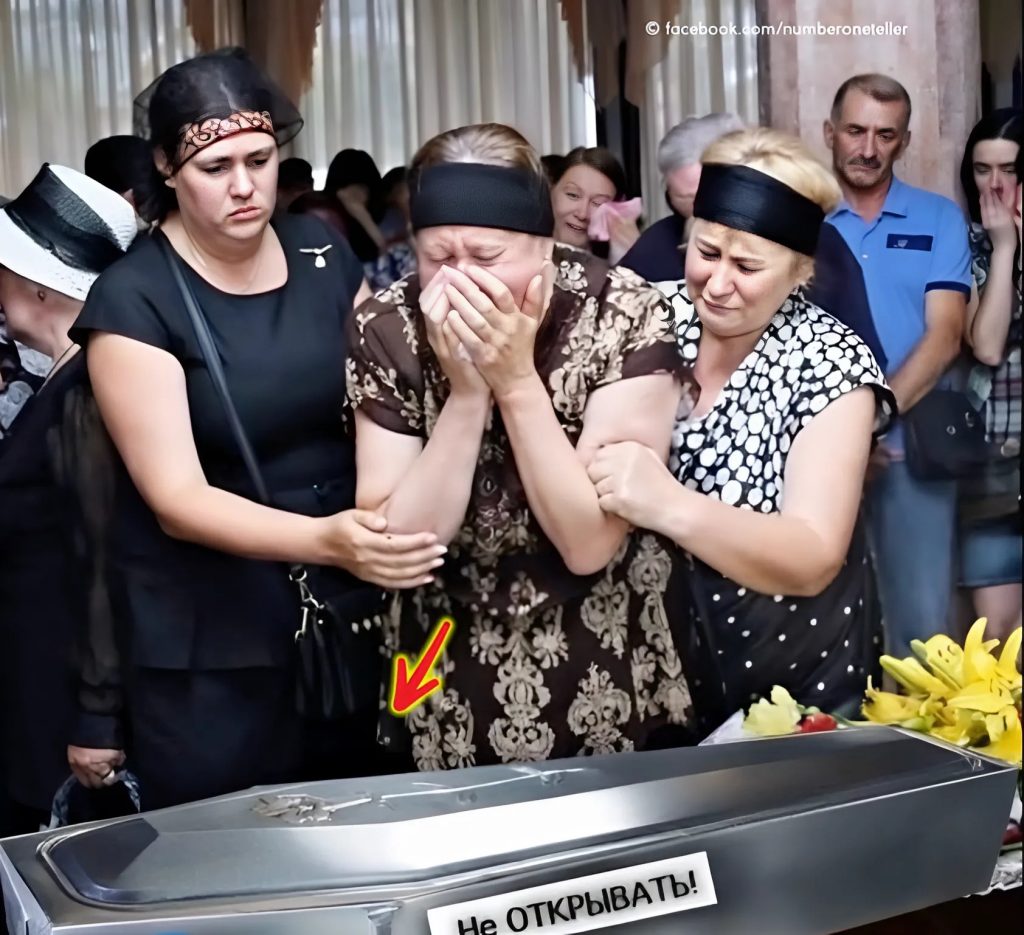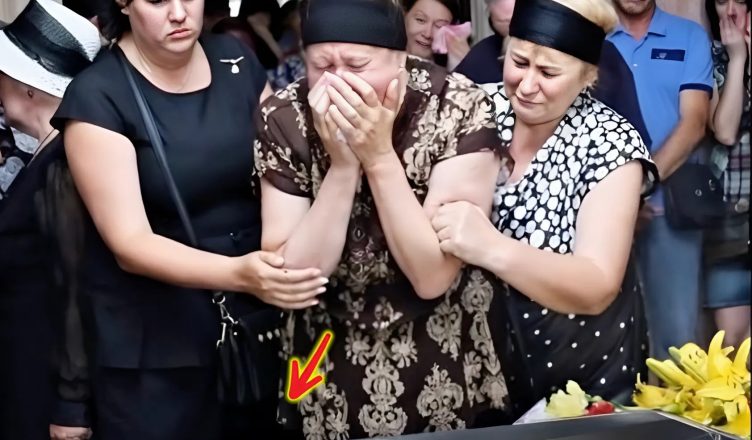Igor was what people often call «the quiet kind.» Not withdrawn, not aloof—just steady. A man who walked through life with unhurried purpose. In the office, he was legendary. Not because he was the loudest, nor the most flamboyant, but because when something stopped working—anything at all—Igor would fix it before most had even realized it was broken.
He was twenty-eight. The age when many had already spun their lives into routines involving mortgages, marriages, maybe even toddlers. Igor, however, lived in a rented one-room flat, with peeling wallpaper and a view of the neighboring panel building’s crumbling facade. Still, it was quiet. And in the mornings, the light hit the window just right, as if even the sun respected the solitude he had chosen.
His mother, Olga, didn’t understand it.
“Already pushing thirty, Igor!” she would begin almost every phone call. “When will you bring a girl home? When will we have a wedding to look forward to?”
And always, Igor would respond the same way, with that composed, predictable patience, “When I have a place of my own. A real place. Not this.”
Olga sighed, every time. “We can’t help you, son. Your father and I, you know our pensions barely cover heating.”
He knew. He’d known it for years. His upbringing had not been poor, exactly, but always on the edge of sacrifice. New shoes were rare. Brand names, mythical. Every coin had been counted, every holiday had been a small miracle. It was not shame he carried—it was realism.
He wanted to do it right. Not because he had some grand philosophy about masculinity or independence. But because he believed love—real love—should come not as a rescue or convenience, but as an addition to a life already whole.
That’s why, late into the nights, after debugging lines of code and patching software for foreign clients, Igor would sit at his desk and sketch out designs for a home. He kept a notebook, dog-eared and smudged with coffee, where he mapped the layout of his future apartment. Not extravagant. Just enough. A living room that caught the evening light. A kitchen with a sturdy oak table. A bedroom with thick curtains and a quiet fan. And a little study corner, for coding. That mattered too.

He saved ruthlessly. Every bonus went straight into his housing account. No vacations. No latest phones. His colleagues often joked about his “monastic” lifestyle. They ordered food. He brought containers from home. They went out drinking. He stayed and coded. But they respected him. They had to. He was the best they had.
Then, in the third week of November, something shifted.
Her name was Vera.
She joined the office quietly, much like Igor had years before. A systems analyst with a gift for pattern recognition. She didn’t wear flashy clothes, didn’t laugh too loudly, didn’t try to impress. She worked. Hard.
They didn’t speak much at first. But over time, the silences between them changed shape. Became warmer. Less empty. One day, she asked if he could help her configure her scripts. He did, effortlessly. Another day, he stayed late to debug a firewall misconfiguration with her. Slowly, their professional closeness began to draw outlines of something more human.
One evening, as they stood outside, waiting for their rides, Vera said something that hung in the air for hours afterward.
“You live alone?”
“Yes,” Igor replied.
“Do you like it?”
“I like quiet,” he said.
She nodded, then paused. “But do you like alone?”
He didn’t answer.
Weeks passed. Vera would visit sometimes. Igor would walk her to the metro. They’d talk about things that didn’t need fixing: childhood, cities they wanted to visit, the weight of parental expectations. Still, Igor said nothing about the future he’d been sketching all this time.
Until, one quiet Friday, he handed her the notebook.
“No one’s seen this,” he said, carefully.
She flipped through it slowly. Her fingers paused on the kitchen layout. She smiled.
“You really think of everything,” she whispered.
“I think about the life I want,” Igor said. “Not the life I’m told to chase.”
She looked up at him. “And is there space in this plan… for two?”
He nodded.
The apartment didn’t come immediately. It took two more years. But by then, they were already building something bigger than walls and ceilings. They had built trust. Routine. Companionship. They had built a shared silence that felt fuller than most conversations.
When Igor finally put down the payment for a modest two-bedroom on the city’s outskirts, his mother cried. Not just for joy, but for the proof that patience wasn’t passive. That dignity and determination could, in the end, write their own story.
At the housewarming, as friends and colleagues milled around unpacked boxes, Olga pulled Vera aside.
“Thank you for waiting,” she said.
Vera smiled. “It was never waiting. It was growing.”
And so, in a world obsessed with immediacy, with fast love and faster decisions, Igor reminded those who knew him of something different. Somethin
